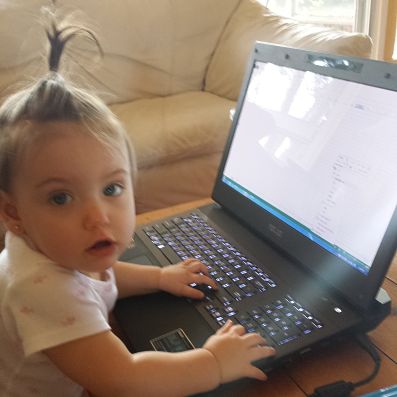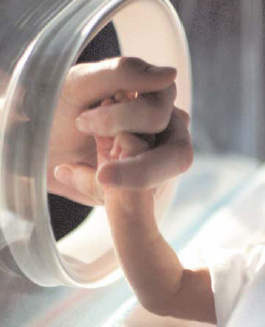I spent the five happiest years of my life in a morgue. As a forensic scientist in the Cleveland coroner’s office I analyzed gunshot residue on hands and clothing, hairs, fibers, paint, glass, DNA, blood and many other forms of trace evidence, as well as crime scenes. Now I'm a certified latent print examiner and CSI for a police department in Florida. I also write a series of forensic suspense novels, turning the day job into fiction. My books have been translated into six languages.
If you see the two Q&As above, you can't go wrong with science classes. When I was in college they didn't have courses specifically in forensic science, so that wasn't an option. And different agencies will have different requirements, so you might want to go online and check out the different vacancies to get some idea of what requirements are out there.
Absolutely! Even better if you could pair it with some coursework in forensics or maybe an internship.
I have a bachelor's in biology from Cleveland State University in Cleveland, Ohio.
I don't know what you mean by 6 or 12, but I asked a former co-worker who used to analyze glass in an ICP (inductively coupled plasma) and he said the current state of the art for glass analysis is LA-ICP-MS (LA = laser ablation). This uses a laser to vaporize a small amount of sample and then runs it through both an ICP and a mass spec. (only about $300,000). I'm sure a small amount is a very small chip or sliver. I know when I did glass analysis on an old hot stage we only needed a tiny chip. He also said you should contact Florida International University because it is "the epicenter of glass analysis".
Sr. Software Engineer
 Are those $12,000 "learn to program" bootcamps a rip-off?
Are those $12,000 "learn to program" bootcamps a rip-off?
Nurse Practitioner
 As gender roles continue to evolve, are you seeing a rise in the % of male nurses?
As gender roles continue to evolve, are you seeing a rise in the % of male nurses?
CBP Officer
 Why are so many customs officers huge jerks?
Why are so many customs officers huge jerks?
That depends on a lot of factors. In Cleveland I went to court a lot more often because--since it was a coroner's office--practically every case was a homicide and many went to trial. In Florida at the police department we have few homicides and a lot of burglaries and such, the types of crimes that tend to get pled out or dismissed. So I might go to court twice in one week and then not again for three months. And yes, the popularity of crime dramas has definitely made things more difficult because a jury expects to be 'wowed' with cool science in each and every case, and sometimes that just isn't there. It's not a bad thing that there's increased scrutiny on forensic testimony, of course, only that expectations can be unrealistic--in both directions. It can harm the prosecution's case if the jury expects DNA evidence in, say, a robbery case where someone walked in and walked out and didn't leave any DNA, and it can harm a defense's case if the jury has such faith in science that that evidence is all they give weight to. (Excuse the clunky grammar please.)
You can't go wrong with as much biology and chemistry as you can get, plus some physics and math.
I loved mysteries but didn't want to be a cop. I don't really want to deal with people under stress on a daily basis. This job has enough variety to be interesting but enough routine to keep the homebody in me comfortable.
-OR-
 Login with Facebook
Login with Facebook (max 20 characters - letters, numbers, and underscores only. Note that your username is private, and you have the option to choose an alias when asking questions or hosting a Q&A.)
(A valid e-mail address is required. Your e-mail will not be shared with anyone.)
(min 5 characters)
By checking this box, you acknowledge that you have read and agree to Jobstr.com’s Terms and Privacy Policy.
-OR-
 Register with Facebook
Register with Facebook(Don't worry: you'll be able to choose an alias when asking questions or hosting a Q&A.)